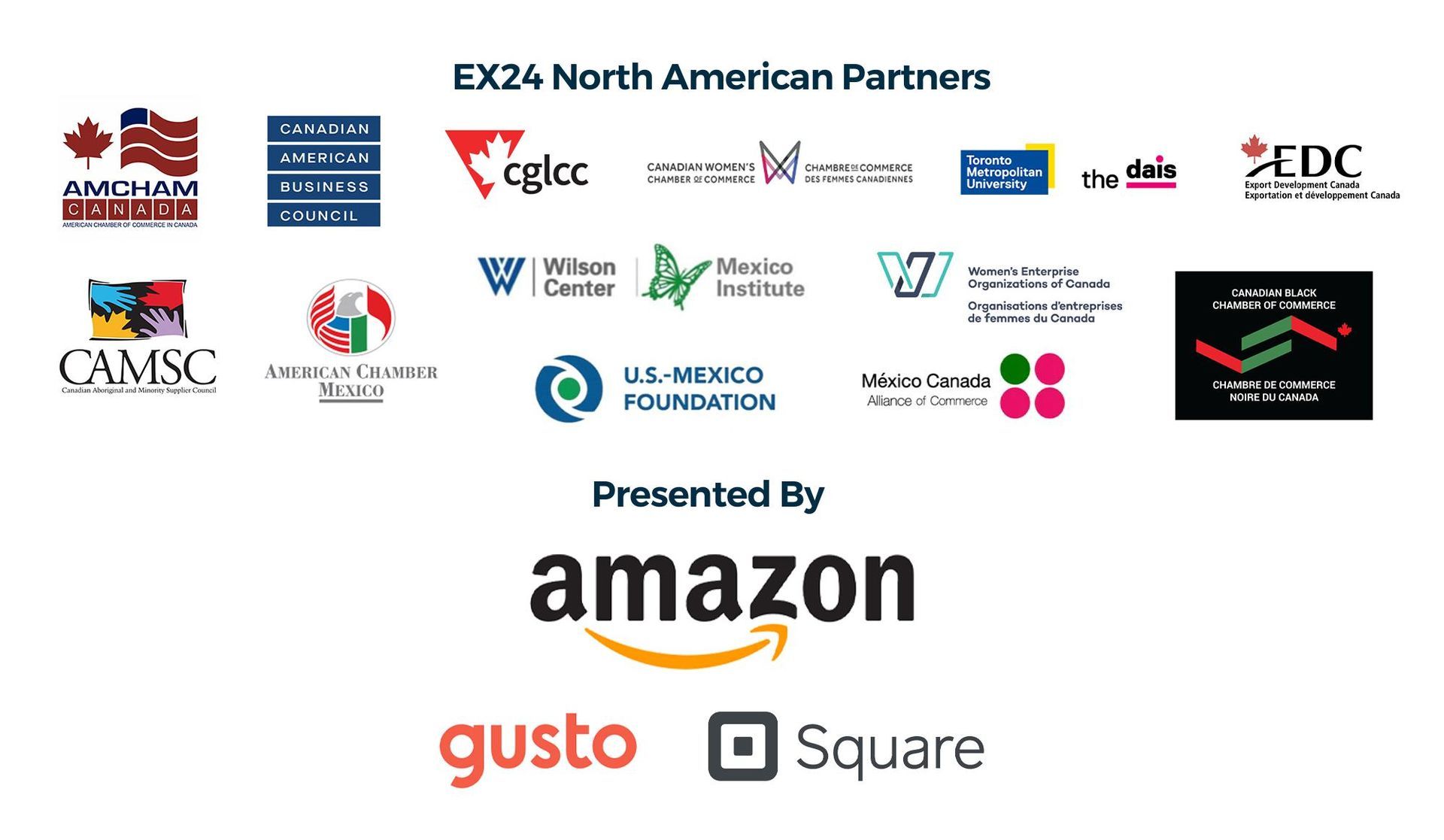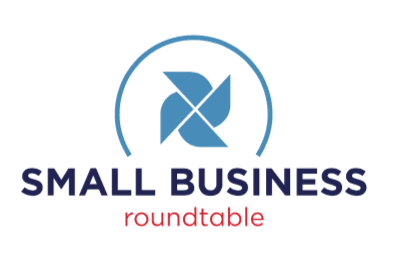Financial innovation gives entrepreneurs more control over their credit scores
For our nation’s job creators, small business owners, access to capital and credit continues to be a top concern. This is true for both new entrepreneurs and experienced hands alike. To address this barrier, small business owners often rely on individual lines of credit such as home equity loans, and even credit cards, to help their businesses survive.
As a result, an entrepreneur’s credit score plays a critical role in securing much-needed funding. But what if an individual doesn’t have a high enough score, or no score at all? The numbers are sobering: 79 million Americans who have subprime scores (under 680), and 53 million Americans with not enough data on record for a credit score to be generated, are still left out of mainstream access to credit. Where does that leave all those who might not have bad credit, but simply fall just below a lender’s score cut-off? What about those business owners – millennial and retiring “encore” entrepreneurs alike – who are themselves relatively new to credit?
As a leading advocate for small businesses, Small Business Roundtable has urged the financial industry to identify ways to solve this challenge. In our view, innovation in the credit scoring community can drive innovation everywhere else. And this is happening. A good example is the new UltraFICO score, a joint partnership between FICO, Experian and Finicity which is aiming to help consumers improve access to credit by allowing them to demonstrate responsible financial management behavior directly in real time using data not usually considered by traditional credit scoring systems.
Through this voluntary program, individuals can allow lenders to access key information directly relevant to their financial success, such as checking, savings and money market account data. This provides lenders with reliable, customer-friendly information, and it makes the credit experience more transparent and inclusive for everyone involved. With UltraFICO Score, a consumer grants permission to contribute information from banking statements, including the length of time accounts have been open, frequency of activity, and evidence of saving, which can be electronically read by Finicity and combined with consumer credit information from Experian to create a clearer picture of an individual’s responsible financial behavior. What small business owner wouldn’t like to broaden access to more lending options and better terms?
In concrete terms, what would this mean for an individual consumer or small business owner? Over 15 million consumers who currently do not have a FICO Score could be eligible to receive an UltraFICO Score. Individuals would be empowered for the first time to enhance their credit score by leveraging checking and savings account data. Those with low scores or no score at all would have a chance to increase their score based on data they share.
Through simple, everyday transactions that we all perform as routine, consumers can finally show lenders indicators of responsible financial behavior, not visible on a traditional credit report, including: saving and keeping a healthy average balance, maintaining a bank account
over time, avoiding having a negative balance, and regularly paying bills. Through financial innovation, entrepreneurs’ desire to prove creditworthiness can now be more direct, transparent, and within their control like never before - and being able to direct data to those who have the potential to help us most is an opportunity we would all welcome.

